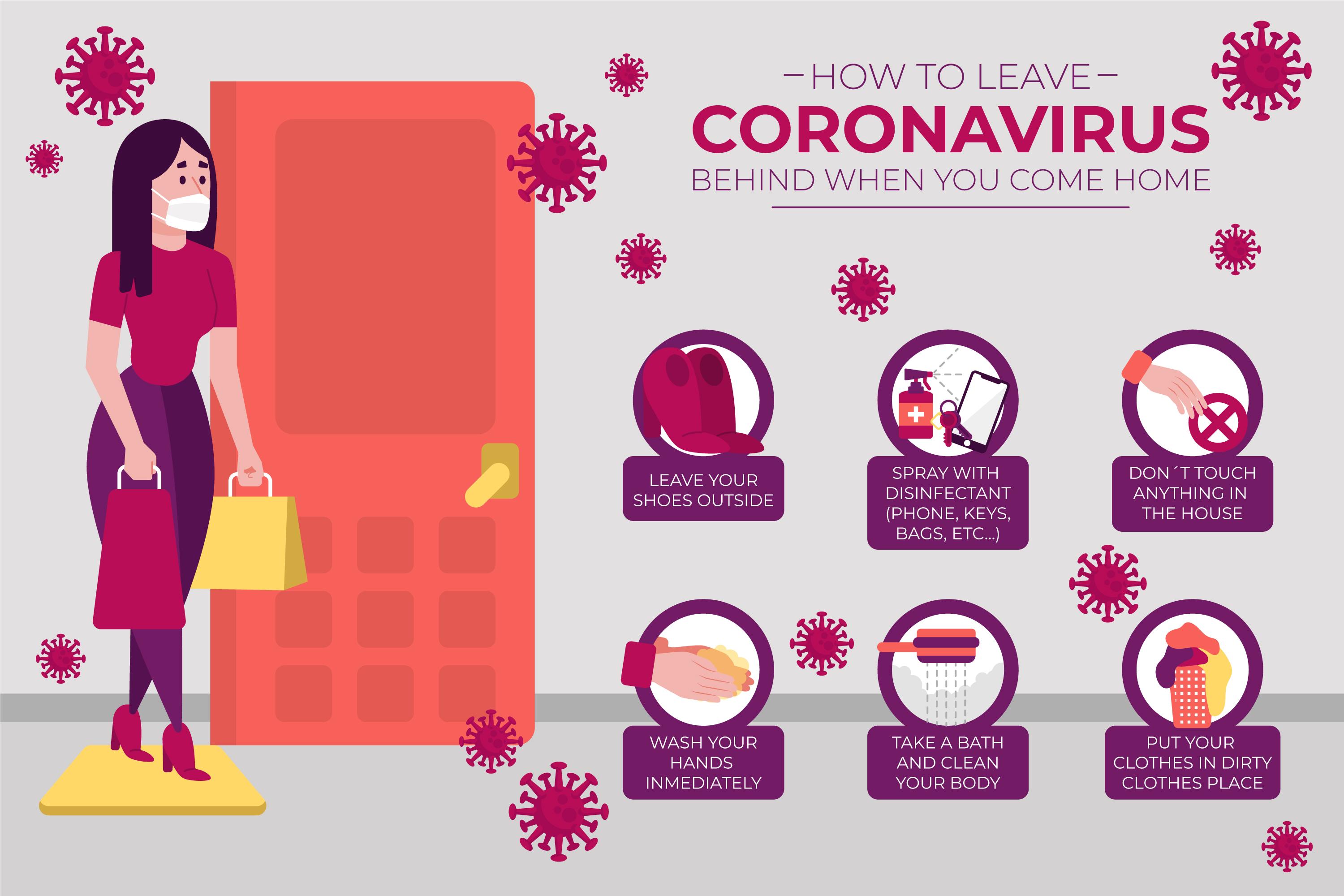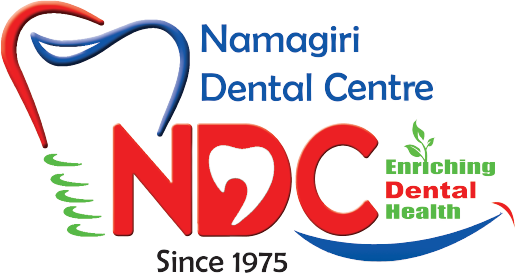
The COVID-19 pandemic can feel overwhelming for many of us. Although it is normal to feel stressed during uncertain times, it's important to take care of yourself so that you don't fall ill and are equipped to help yourself and your family through this time.
Understanding COVID-19 and Its Transmission
COVID-19 is a respiratory illness caused by the SARS-CoV-2 virus. It spreads primarily through respiratory droplets when an infected person coughs, sneezes, talks, or breathes. Understanding how the virus spreads is the first step in protecting yourself and others.
Key Facts About COVID-19
- The virus can spread from person to person even before symptoms appear
- Some people may be infected but never develop symptoms
- The virus can survive on surfaces for varying periods
- Proper hygiene and preventive measures significantly reduce transmission risk
Essential Prevention Measures
Protecting yourself from COVID-19 requires a combination of personal hygiene practices, social measures, and lifestyle adjustments. Here are the most effective steps you can take:
1. Practice Proper Hand Hygiene
Regular handwashing is one of the most effective ways to prevent the spread of COVID-19:
- Wash your hands frequently with soap and water for at least 20 seconds
- Use hand sanitizer with at least 60% alcohol when soap and water aren't available
- Avoid touching your face, especially your eyes, nose, and mouth
- Wash your hands immediately after coming home from public places
2. Wear Face Masks Correctly
Face masks provide an additional layer of protection when worn properly:
- Cover both your nose and mouth completely
- Ensure the mask fits snugly against the sides of your face without gaps
- Use masks with multiple layers of fabric or medical-grade masks
- Replace masks when they become damp or dirty
3. Maintain Social Distancing
Keeping physical distance from others reduces the risk of exposure:
- Stay at least 6 feet (2 meters) away from people outside your household
- Avoid crowded places and large gatherings
- Choose outdoor activities over indoor ones when possible
- Use virtual meetings instead of in-person gatherings when feasible
Boosting Your Immune System
A strong immune system is your body's best defense against infections. Here's how to support your immune health:
Nutrition and Diet
- Eat a balanced diet rich in fruits, vegetables, whole grains, and lean proteins
- Stay hydrated by drinking plenty of water throughout the day
- Limit processed foods and excessive sugar intake
- Include immune-boosting foods like citrus fruits, garlic, ginger, and yogurt
Physical Activity
Regular exercise helps maintain overall health and supports immune function:
- Aim for at least 30 minutes of moderate exercise most days of the week
- Choose activities you enjoy to maintain consistency
- Consider home workouts or outdoor activities to avoid crowded gyms
- Practice yoga or stretching to reduce stress and improve flexibility
Sleep and Rest
Adequate sleep is crucial for immune function and overall health:
- Aim for 7-9 hours of quality sleep each night
- Maintain a consistent sleep schedule
- Create a relaxing bedtime routine
- Limit screen time before bed
Mental Health and Stress Management
The pandemic can take a toll on mental health. Managing stress is essential for overall well-being:
Signs of Pandemic Stress
- Difficulty sleeping or changes in sleep patterns
- Changes in appetite or eating habits
- Difficulty concentrating
- Worsening of chronic health problems
- Increased use of alcohol or other substances
Stress Management Techniques
- Practice mindfulness and meditation to stay grounded in the present
- Stay connected with friends and family through virtual means
- Limit news consumption to avoid information overload
- Engage in hobbies and activities that bring you joy
- Seek professional help if stress becomes overwhelming
Creating a Safe Home Environment
Your home should be a safe haven during the pandemic. Here's how to maintain a healthy living space:
Cleaning and Disinfection
- Regularly clean and disinfect frequently touched surfaces
- Use EPA-approved disinfectants effective against viruses
- Ventilate your home by opening windows when possible
- Wash bedding and towels regularly in hot water
If Someone in Your Household is Sick
- Isolate the sick person in a separate room if possible
- Designate one person as the caregiver
- Wear masks and gloves when providing care
- Increase cleaning and disinfection frequency
When to Seek Medical Care
While most COVID-19 cases are mild, it's important to know when to seek medical attention:
Seek Immediate Medical Care If You Experience:
- Difficulty breathing or shortness of breath
- Persistent chest pain or pressure
- New confusion or inability to wake up
- Bluish lips or face
- Severe or persistent symptoms
Staying Informed and Prepared
Staying informed helps you make better decisions for your health and safety:
- Follow guidance from trusted health organizations like the WHO and CDC
- Stay updated on local health guidelines and restrictions
- Keep essential supplies on hand without hoarding
- Have a plan for emergencies and healthcare needs
Conclusion
Preventing COVID-19 requires a comprehensive approach that combines personal hygiene, social measures, and overall health maintenance. By following these guidelines and staying informed, you can significantly reduce your risk of infection while maintaining your physical and mental well-being during these challenging times.
Remember, we're all in this together. By taking care of ourselves and following preventive measures, we protect not only our own health but also the health of our community. Stay safe, stay healthy, and don't hesitate to reach out for support when needed.
Need Dental Care During COVID-19?
We're here to provide safe, professional dental care with enhanced safety protocols.
Contact Us Today
